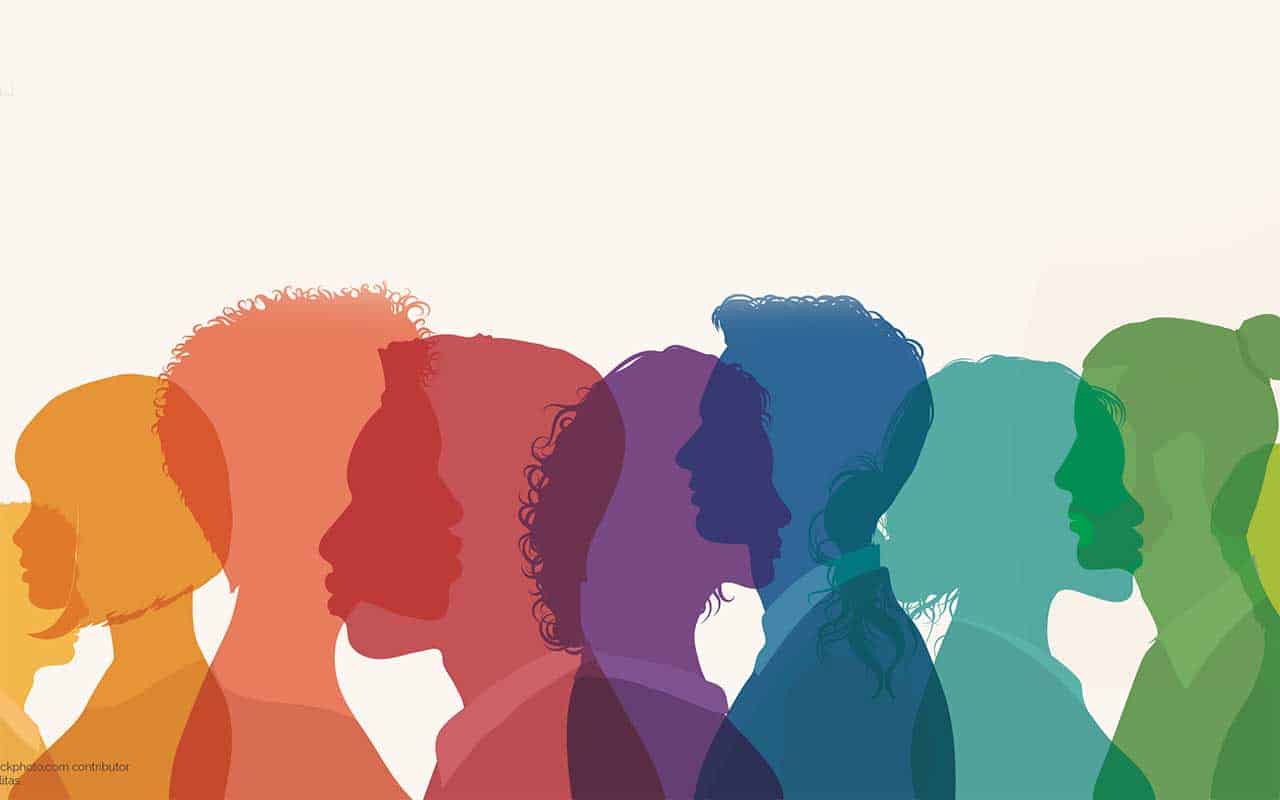This Month’s Featured Article

Just say No
 We are all too familiar with that uncomfortable feeling of rushing in to respond with a “yes” when we want to say “no” to a request. Most of us can easily recall the guilt we experience after declining an invitation to a birthday party, wedding, holiday gathering, or meet-up with friend or relative.
We are all too familiar with that uncomfortable feeling of rushing in to respond with a “yes” when we want to say “no” to a request. Most of us can easily recall the guilt we experience after declining an invitation to a birthday party, wedding, holiday gathering, or meet-up with friend or relative.
Many people find themselves jumping in to provide a response before mentally processing the request to determine if it’ll align with their feelings, wishes, and true intentions.
Although our parents mean well, many of us are taught to be “people pleasers.” We say “yes” when we want to say “no.” To clarify, a “people pleaser” is defined as someone who feels a strong urge to please others, even when it’s at their own expense. They may feel that their wants and needs just don’t matter. This may stem from the idea that being a “good” spouse, partner, parent, child, sibling, friend, or employee centers around saying “yes” and meeting others expectations and wishes rather than our own.
The importance of setting boundaries
Those who work in the mental health field recognize the significance of teaching others how to set their own boundaries. These limitations can be mental, emotional, or physical. Setting a boundary is about exploring your own comfort level in specific situations with the goal of setting better, more clearly defined limitations. By doing so, we learn to place more value in ourselves and to prioritize ourselves over others.
Prioritizing your own needs over another’s may seem selfish, but experts say it’s not. It’s truly about self-care. In order to take care of others, we have to take care of ourselves first. Think about the safety announcements and demonstrations that occur prior to take-off on an airplane. They state: “In the event of a sudden drop in pressure, an oxygen mask will drop from above. Secure your own mask first before assisting others.”
Self-care comes first.
That bit of wisdom can be transferred from the airline industry to our daily lives and interactions at home, at work, or within our social circles. It means ensuring that our needs are met before stepping in to take care of others. Learning how to set healthy boundaries has many perks – among them it helps us have the physical and emotional reserve to continue to care for others, without losing ourselves in the process. It also enables us to go forward in a healthier, happier way.
When we practice saying “no,” we shift the way our brains think and react to situations, enabling us to have more ability to make decisions for ourselves. Saying “no” can create more mental health stability by helping with self-care and building self-esteem and confidence. Saying no may be a daunting thing to do, but there are ways to make the process a bit easier.
The reality is that saying “yes” when we want to say “no” only leads to resentment, while saying “no” when something doesn’t align with your authenticity shows respect for yourself as well asfor the other person. Being authentic helps in fostering healthy relationships.
Finding authenticity
According to Psychology Today, “One of the first steps to harnessing the power of no is to find a way to say no that feels natural and authentic for you. Perhaps you may find the ‘sandwich method’ helpful. The sandwich method is an approach that involves sandwiching something that individuals may consider negative between two positives. Tell the person something positive followed by the no and end with something supportive or positive. For example: ‘Thank you for inviting me. I really appreciate you including me and being thoughtful; however, I won’t be able to make it. I would still really enjoy meeting up with you. I’ll look at my schedule for some dates I’m available, so we can spend some time together.’”
Luckily, there are lots of experts who want to help us all simplify the process and become happier, healthier versions of ourselves. Dr. Nicole LePera, The Holistic Psychologist is one of them. She is the author of two books, How To Do The Work: Recognize Your Patterns, Heal from Your Past, and Create Your Self and How To Meet Your Self: The Workbook for Self-Discovery.
In her books, LePera describes a common notion, particularly for women who adopt “good girl” beliefs, which include the idea that they can’t just turn down or say “no” to an invite – rather, they need to have an acceptable reason for not going.
LePera offers advice on how to say “no” without feeling the need to apologize or over explain. Some suggestions include: “I won’t be able to make it, and I’m grateful you invited me” or “No, that doesn’t work for me right now.” Other statements include “That sounds amazing. It’s just not something I can commit to right now” or “Thank you for thinking of me. Tonight I plan on laying low.” These responses are enough. There’s no need to provide more information.
For parents and guardians, LePera also addresses boundaries for children. She tells adults not to force children to hug relatives. Allow them to say “no” and appear rude if they don’t want to interact. Let them be autonomous rather than being conditioned people pleasers concerned with making others comfortable.
Some perspective
Life strategist Tony Robbins is also an author, coach, speaker, and philanthropist. He says that the word “no” is a small word that packs a lot of power.
“It carries with it an invisible force that can make it feel overly oppressive or even like a dirty word. We’re often taught that saying ‘no’ is a negative thing, that it hurts those around us and causes us to miss out on new, exciting opportunities. It’s no wonder so many people are uncomfortable saying it. But the truth is, when you say ‘no,’ you’re not saying ‘I hate you,’ and you’re not insulting someone. You’re simply exercising your right to say ‘no.’ Because it is a right, not a privilege.”
Robbins asks why so many are challenged with the task of telling someone “no.” He says the truth lies not in the obvious – a need to please – but rather in the fact that some of us have the tendency to put others’ objectives above our own. Our inability to say “no” stems from the fact that we want to reassure and make others feel comfortable. He also says it’s a notion we need to shake, immediately. Being unable to say “no” is not only unfair to ourselves, but it can be unfair to the other person as well.
Those interested in learning more and changing their habits, can delve into the topic. There are many books on the matter. Among them, The Power of a Positive No: Save The Deal Save The Relationship and Still Say No by William Ury; The Power of Saying No: The New Science of How to Say No that Puts You in Charge of Your Life by Vanessa Patrick, PhD; and The Power of No: Because One Little Word Can Bring Health, Abundance, and Happiness by James Altucher and contributor Claudia Azula Altucher.
Mind architect
Peter Crone is a “mind architect” who helps others on their journeys to spiritual freedom, mental peace, and physical vitality. “I’m here to help humanity reach its greatest potential. I specialize in revealing the limiting beliefs and subconscious narratives that dictate and shape behavior, health, relationships, and performance,” says Crone.
A coach and speaker, Crone helps individuals, athletes, corporations, and others, transform their mindsets to align them with higher purpose.
His website cites, “You exist within mental constructs that dictate your thoughts, feelings, and actions. In turn, your mental constructs determine the results you experience, so your suffering can be seen as a byproduct of these constraints. In order to realize your potential, Peter will help you step outside of the world as you have always known it to finally identify what mental constructs have been holding you back and change your life for the better.
You can browse Crone’s website (petercrone.com) for more information on obtaining more freedom and experiencing less stress. While there, take his complimentary mini-course that will help you move from stress to freedom. •
Oblong Books, with two locations at 26 Main St, Millerton, NY, (518) 789-3797, and 6422 Montgomery St., Suite 6, Rhinebeck, NY, (845) 876-0500, is a great source for finding these books. For more, contact Oblong at oblongbooks.com.



